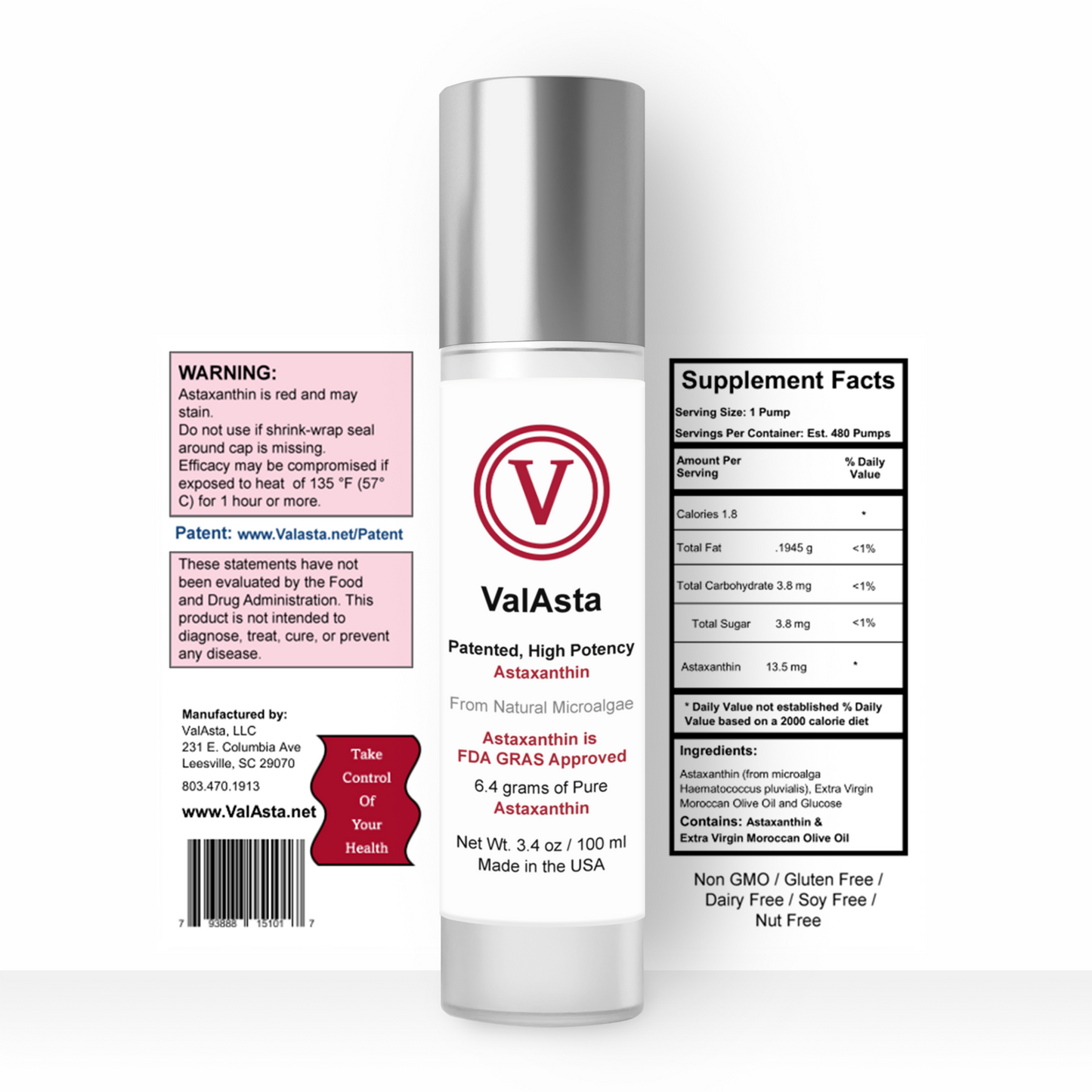
Currently, there are no effective treatments for diabetes-related cognitive dysfunction. Astaxanthin, the most powerful antioxidant in nature, exhibits diverse biological functions. The attached study was done to determine the advantage of taking astaxanthin to reduce complications of diabetes.
Diabetes mellitus has become the most common chronic metabolic disease that threatens global health. The most common form of diabetes mellitus is type 2 diabetes mellitus, characterized by insulin resistance and relative insulin insufficiency. Type 2 diabetes mellitus is associated with long-term complications that affect the eyes, kidneys, heart, blood vessels, and brain. Increasing evidence has indicated that patients with chronic type 2 diabetes mellitus can exhibit various intracranial neuropathies and neurobehavioral changes. Lately, the incidence of diabetes-related cognitive dysfunction has increased with the aging of the global population. This diabetes-related cognitive dysfunction is connected to the duration of diabetes and to the level of blood glucose; it can also be partially prevented by strict blood glucose control.

In summary, this study clarified that astaxanthin can effectively alleviate cognitive dysfunction. Although the comprehensive mechanism related to the protective effects of astaxanthin remains to be fully understood.
Click to read The Protective Effect of Astaxanthin on Cognitive Function via Inhibition of Oxidative Stress and Inflammation in the Brains of Chronic T2DM Rats








